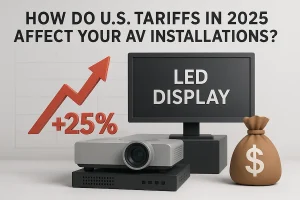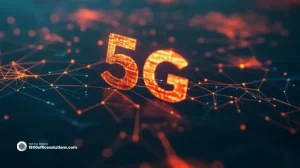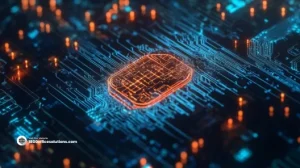Google Launches Open Protocol to Facilitate AI Agent Interoperability
In a major step toward improving collaboration between artificial intelligence (AI) systems, Google has launched the Google AI protocol, an open agent-to-agent (A2A) framework that allows AI agents to communicate and operate seamlessly across multiple platforms and cloud environments.
Announced during the Google Cloud Next 2025 conference in Las Vegas, the A2A protocol addresses the growing need for standardized communication among AI agents, which are increasingly being deployed to automate complex tasks across industries. The protocol allows developers to build AI agents capable of interacting with any other agent adhering to the same standard, regardless of the underlying technology or vendor.
“Businesses benefit from a standardized method for managing their agents across diverse platforms and cloud environments,” Google stated in its developer blog. The A2A protocol is designed to facilitate secure and efficient communication among AI agents, enabling them to share queries, responses, and administrative tasks effectively.
A key feature of the A2A protocol is the use of “Agent Cards,” which are machine-readable profiles submitted in JavaScript Object Notation (JSON) format. These cards allow agents to advertise their capabilities, making it easier for client agents to identify the most suitable agent to perform a specific task. Agents can exchange messages containing context, replies, artifacts, or user instructions, streamlining collaborative processes.
An illustrative example provided by Google involves the hiring process for a software engineer. A hiring manager can instruct an AI agent to find candidates matching specific job criteria. The agent then interacts with other specialized agents to source potential candidates, presenting the hiring manager with suitable options. Subsequently, the agent can coordinate interview scheduling, thereby simplifying and expediting the recruitment process.
SAP has announced support for the A2A protocol, highlighting its potential to enhance customer service operations. In a scenario involving a customer dispute received via Gmail, a contact center agent can invoke SAP’s AI copilot, Joule, directly from the email interface. Joule, acting as an orchestrator, initiates a dispute resolution process by engaging another Google agent that connects to Google BigQuery, where relevant transactional data is stored. The agents collaborate to validate the issue, retrieve insights, and recommend a resolution, all without requiring manual system switching or data reconciliation.
The introduction of the A2A protocol is part of Google’s broader strategy to support multi-agent systems. The company also unveiled Agentspace, a platform integrated into products like Chrome and Vertex AI, aimed at streamlining workflows across various sectors. Additionally, tools such as the Agent Development Kit and Agent Engine have been introduced to simplify the development of AI agents, while enhancements to Gemini Code Assist aim to improve software development efficiency.
Google’s emphasis on interoperability is further demonstrated by its collaborations with partners like Salesforce, whose CEO Marc Benioff highlighted the integration of Google’s Gemini AI into Salesforce’s Agentforce platform. “We’re really at the start of the biggest shift any of us have ever seen in our careers,” Benioff remarked, expressing enthusiasm for the expanded partnership with Google.
The A2A protocol is supported by over 50 partners, including Box, Deloitte, Salesforce, and UiPath, all sharing a vision of enabling agents to work cohesively across diverse ecosystems. This collaborative approach aims to foster a more connected and efficient AI landscape, where agents can seamlessly interact to perform complex tasks.
As AI continues to permeate various aspects of business operations, the development of standardized protocols like A2A is crucial for ensuring that AI agents can collaborate effectively, regardless of their origin or underlying technology. Google’s initiative represents a significant step toward a more integrated and interoperable AI ecosystem.











